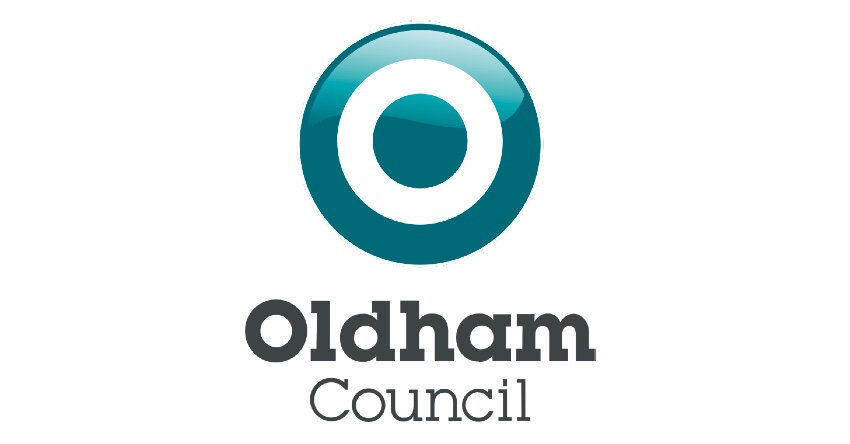Understanding Your Taxi Medical: What's Involved?
- Sep 29, 2023
- 3 min read

As a taxi driver in the United Kingdom, you're likely aware of the importance of taxi medical examinations. These mandatory check-ups play a crucial role in ensuring the safety of both drivers and passengers. In this blog, we'll take a closer look at what's involved in your taxi medical examination in the UK, why it's necessary, and how it helps maintain the highest standards of safety on the road.
Why Do You Need a Taxi Medical Examination in the UK?
Taxi medical examinations in the UK are not just a bureaucratic requirement; they are primarily focused on public safety. The key reasons for these examinations are:
Passenger Safety: The foremost goal is to guarantee that passengers are in safe hands when they board a taxi. Ensuring that drivers are in good health and fit to drive is a fundamental step in passenger safety.
Driver Safety: Taxi drivers spend long hours on the road, and their health can directly impact their ability to operate a vehicle safely. These medical checks help protect the driver from potential health risks as well.
Legal Compliance: Compliance with taxi medical examination requirements is essential to maintain your taxi license legally. Non-compliance can result in penalties, fines, or even license suspension.
What to Expect During Your Taxi Medical Examination in the UK
Now that we understand why taxi medical examinations are necessary, let's delve into what you can expect during your medical assessment:
Physical Examination: Your examination will typically commence with a thorough physical assessment. This includes checking your blood pressure, pulse rate, overall physical condition, and reflexes.
Medical History Review: You'll be asked to provide your medical history, including any pre-existing conditions, previous surgeries, or medications you're currently taking. It's crucial to be transparent and honest during this part of the evaluation.
Vision Test: Good vision is essential for safe driving. You'll undergo a vision test to assess your visual acuity. If needed, corrective lenses might be prescribed.
Hearing Test: Your ability to hear is equally important. A hearing test will be conducted to ensure you can hear sounds crucial for road safety, such as sirens and horns.
Mental Health Assessment: Mental health is a vital aspect of taxi medicals. The doctor may ask questions about your mental health history and evaluate your cognitive function.
Medical Certificate: If you pass the medical examination, you'll receive a medical certificate. This certificate serves as proof that you are medically fit to drive a taxi and is often required when renewing your taxi license.
Recommendations or Restrictions: In certain cases, the doctor may provide recommendations or restrictions. For example, if you have a medical condition that requires ongoing monitoring, they may suggest more frequent check-ups.
Follow-up Examinations: Depending on your health and any recommendations from the doctor, you may need to undergo follow-up examinations to maintain your taxi driver's license.
Your taxi medical examination in the UK is a pivotal step in ensuring the safety of both taxi drivers and passengers. It verifies that drivers are physically and mentally capable of operating a taxi responsibly and safely. While the exact examination process may vary slightly depending on your location, the core components, such as the physical examination, vision and hearing tests, and mental health assessment, remain consistent.
Remember, these examinations not only keep you compliant with the law but also contribute to safer roads and more secure transportation for passengers. As a responsible taxi driver, prioritize your regular taxi medical examination—it's an essential part of maintaining your license and ensuring the highest standards of safety on the UK's roads.



